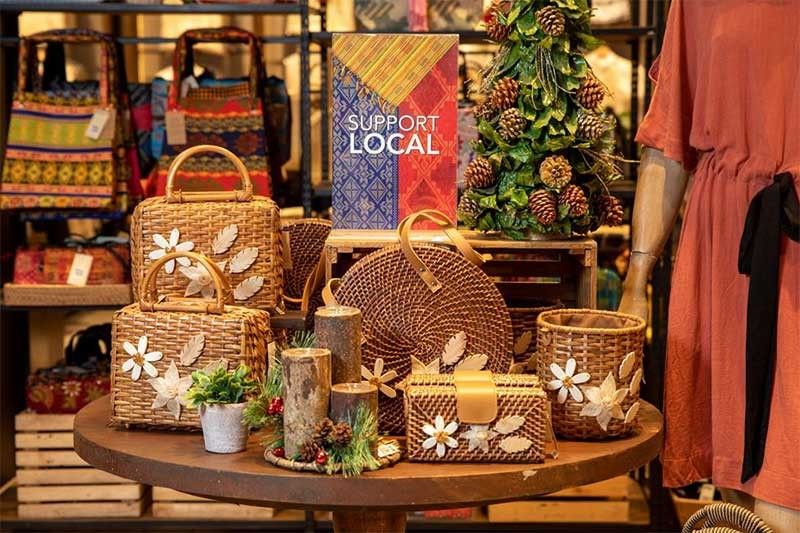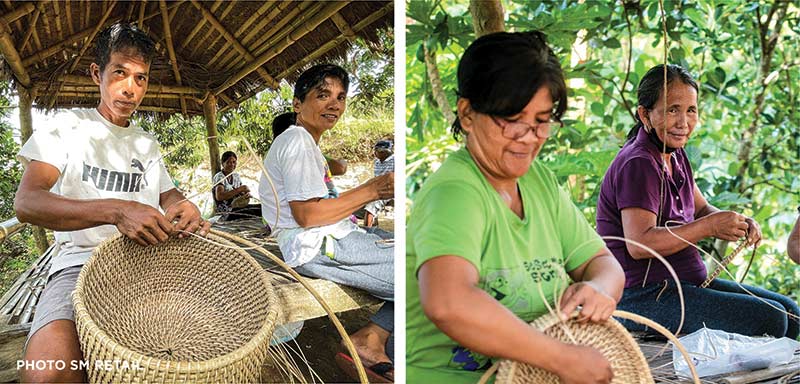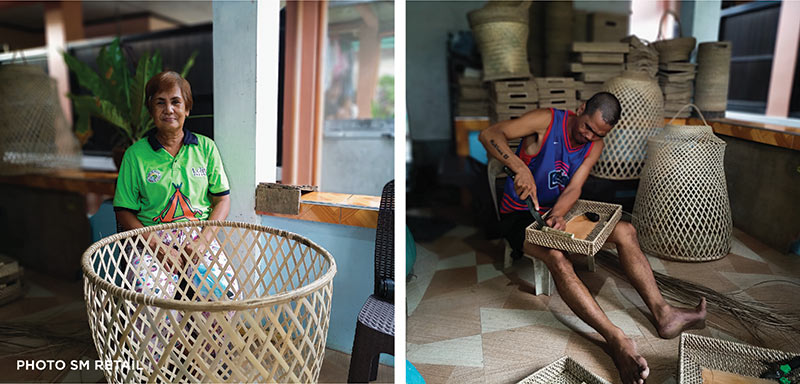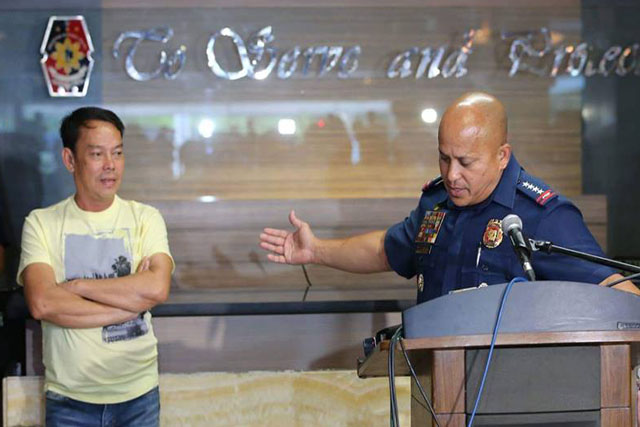Kultura and local entrepreneurs: a partnership that builds and grows community enterprises

MANILA, Philippines — With over 7,000 islands and colorful history, the Philippines has a rich and incomparable culture. This is apparent in Philippine crafts, with each locality having the treasure that it has cultivated for years.
The North has its woodwork, baskets and sweet delicacies; Central Philippines has carved a niche for homeware and apparel; and the South is a rich source of the finest chocolates and weaves transformed from dreams to reality.
Behind these crafts are stories of the Filipino people, their way of life, culture and practices handed down from generation to generation. Local artisans and rural enterprises can share their crafts and heritage with patrons all over the country and globally as Kultura provides them with an avenue to be connected and closer to the customers.
Home to local enterprises
From being a Philippine crafts section in The SM Store, Kultura has grown into a full-fledged retail channel synonymous with a treasure trove of anything uniquely Filipino. To date, Kultura has 36 store branches nationwide with its own online shop www.kulturafilipino.com that also ships abroad.
According to Ivy Yap, business unit head of Kultura, “SM established Kultura to support provincial suppliers of Filipino traditional and indigenous products to help local suppliers get access to a wider market.”
In the same way, Kultura provides market access to provincial suppliers and enterprises, SM, its parent company, has been partnering with more than 80,000 micro, small and medium enterprises (MSMEs) from farmers to local food manufacturers, clothing and furniture makers, among others through its diverse retail business for more than 60 years.

Partner to weaving communities
Leopoldo Valdez, a farmer in La Union, dabbles in basket weaving during the off-season, which allows him to continue providing for his family as they wait to harvest their products or when the Monsoon rains hit. He taught his wife Lolita to weave baskets, which he learned from his father.
They were suppliers of bilao and other native woven materials to public markets. When Kultura started to order in bulk, they began to reap the benefits. Their son, Leo, an OFW, decided not to return to his work abroad but instead stayed to help his parents. Through their business, her daughter was also able to graduate from college. According to Lolita, Helen Rulloda’s orders from Kultura contributed significantly to their family’s income.

“In the past, we would rely on seasonal orders and trade fairs, which is not enough to support weavers like Leopoldo and Lolita. When our basket weaving community partnered with SM, it provided a steady source of orders and income,” says Helen Rulloda, consolidator and supplier of baskets.
“When the Philippines crafts section grew to become Kultura, our basket weaving community also grew with them. Twenty-eight years of partnership and despite the pandemic, I was able to establish more weaving groups in other towns here in La Union to meet the demands,” she adds.
Championing heritage
Angie Ilul’s mother-in-law taught her to weave when she fully embraced the Yakan way of life. Yakan fabrics are known for their bold colors and intricate designs and are a source of pride for the people of Basilan and Zamboanga.
In the 1990s, Angie Ilul brought these colorful Yakan fabrics to one of the trade fairs in Manila. She was surprised when SM bought all her stocks, initiating a long-term partnership between the Yakan weaving community, SM and Kultura.
“I used to think that SM only engaged with big companies. But our partnership with them shows that they are also willing to work with small suppliers like us,” says Angie, a Yakan weaver organizer, who has been a supplier of SM since 1994 and one of the pioneer suppliers of Kultura.

Evelyn Otong, a Yakan heritage advocate, says that they pass on the art of weaving to children early on. It’s their way of preserving their heritage and with every coaster, placemat and table runner they make, they share a piece of their rich tradition with their customers.
“Sharing our heritage through the Yakan fabrics enables our community to preserve our ways and teaches us the value of hard work. I appreciate it when buyers are curious to learn about our culture after purchasing our crafts. As artisans, we hope people value the work we do and the products we create to keep our tradition alive,” Evelyn says.

A partnership of giving back
Kultura and SM, with their vast footprint and experience in the brick and mortar and online retail spaces, serve as the market gateway of local MSMEs to the world. This partnership extends beyond providing a platform to MSMEs.
SM and Kultura also equip their MSME suppliers by helping them with their product development, pricing, merchandising and marketing. Kultura also partners with the DTI to help them get the necessary permits to establish either a cooperative or a corporation.
As MSMEs continue to improve every facet of their product offerings, they continue to supply a wide array of quality and better products for the customers of Kultura.
In this partnership, Kultura and the MSMEs both benefits. Customers who patronize traditional and indigenous Philippine crafts help sustain the livelihood of rural enterprises behind them.
“When a customer buys these products from Kultura, they bring a piece of Philippine culture back to their home, and in turn, this supports the local farmers, the weavers, the artisans, and indigenous communities that create these products. When we support local products, we give back,” Ivy says.
- Latest































